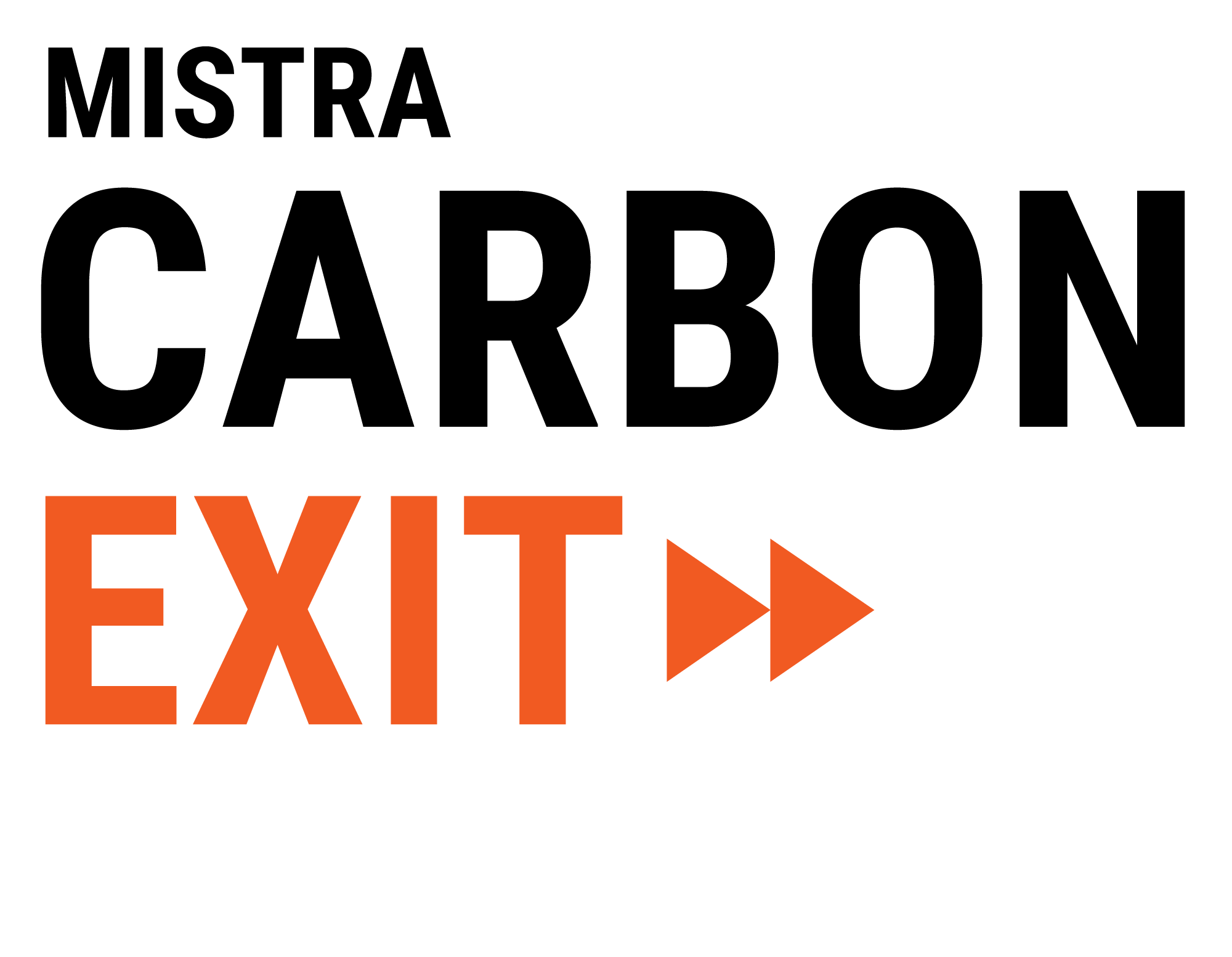Initiatives in the programme
In addition to the five work packages, the program has a strategic reserve that can be used to fund new projects that are identified during the operation of the program. For instance, in 2022, the program decided to fund the project “Impact on the climate transition from the Russian war in Ukraine”. In 2023 and early 2024, the board has decided to fund four new projects:
Existential Risks and Climate Policy Acceptance, The role of cutting-edge projects for learning and change in municipal civil engineering and construction projects, Implementation of climate requirements in procurement of infrastructure projects, and Implications the Inflation Reduction Act and the Carbon Border Adjustment Mechanism. The board has also decided to fund a high-level conference in Stockholm.
Existential risks and climate policy acceptance
Researchers at the University of Gothenburg are comparing risk assessments made by experts with a representative sample from the general public and how they interact with climate policy support. After backlashes such as the Yellow Vest protests in France, policymakers advocating for climate policy increasingly emphasize the need for climate policy to be perceived as fair, non-regressive, and effective.
So, an important research question is whether risk assessment systematically differs between the general population and domain experts. Is climate policy support “crowded out” if domain experts' risk assessments for other potential existential risks are also communicated? Or does the possible conceptualization of the interlinkages between different risks increase climate policy support?
The project will be a collaboration between Gothenburg University, Departments of Economics and Political Science, and Luleå University of Technology. For more information on this project – contact Åsa Löfgren, asa.lofgren@economics.gu.se.
The role of spearhead projects for learning and change in municipally run civil engineering and construction projects
The study aims to understand better how learning in urban climate governance can be generated, managed, and used to create change within a municipal organization. Skellefteå municipality serves as a case study, and semi-structured interviews have been conducted with civil servants at various departments in the municipal organization.
Cutting-edge projects have a role in generating learning and change within the municipal organisation of Skellefteå. First, such projects generate concrete learning using new technology, materials, and working methods. Second, cutting-edge projects generate new norms and attitudes.
The study is conducted by researchers from IVL and Chalmers and staff from Skellefteå municipality For more information on this project – contact Jonas Sondal, Jonas.Sondal@ivl.se.
Implementing climate requirements in the procurement of infrastructure projects - experiences and learning
Since 2015 and 2016, the Swedish Transport Administration has had governing guidelines for climate calculations and climate requirements. These guidelines govern how the Swedish Transport Administration reduces the climate impact of infrastructure from a life cycle perspective by setting climate requirements in procurements for planning, design and construction, maintenance, and technically approved materials.
The administration's learning processes linked to the use of climate requirements are of great interest both to research and to practitioners in other countries. The purpose of the project is to make deeper analyses of the material produced in the “Control Station” project, relate it to other research on procurement requirements, discuss further development, and disseminate this knowledge both nationally and internationally.
The study is conducted by researchers from WSP, the Swedish Transport Administration and KTH. For more information on this project – contact Stefan Uppenberg, stefan.uppenberg@wsp.com.
Climate urgency and the Nordic response
Policymakers in the public and private sectors on all levels, global, national, and regional, are target groups for a conference in Stockholm in June, with funding from Mistra Carbon Exit and the sister programme Mistra Electrification. The Royal Swedish Academy of Engineering Sciences is hosting this high-level conference, co-arranged with Chalmers Technical University.
The conference will offer different perspectives on the Swedish/Nordic region and the clean industrial transition. It gathers top executives in global policy-making, national politics, international business, and finance.
For more information on this project – contact Filip Johnsson, filip.johnsson@chalmers.se.
The Cross-Cutting Influences of the Inflation Reduction Act and the Carbon Border Adjustment Mechanism
The US Inflation Reduction Act (IRA) is the most important US environmental legislation since the 1970 Clean Air Act and the most important US climate policy intended to support manufacturing in the United States. The European response has included reconsideration of its own rules.
These major policy initiatives illustrate cross-cutting influences in the development of climate policy, with policy initiatives in one location sparking discussions and responses in the other. This research will describe these parallel policy developments and how their future will be affected by election outcomes in 2024.
A research team from RFF, Resources for the Future, IVL and Gothenburg University will produce a paper analyzing ongoing developments in green industrial policy and climate strategy on both sides of the Atlantic may evolve over the coming years in the context of these elections.
For more information on this project – contact Dallas Burtraw, Burtraw@rff.org, and Milan Elkerbout, melkerbout@rff.org.


